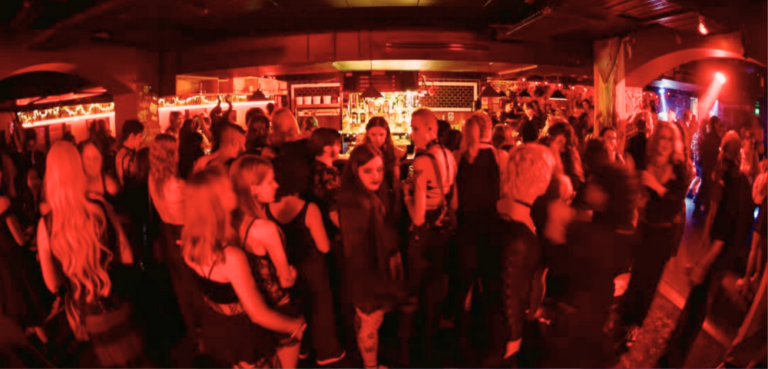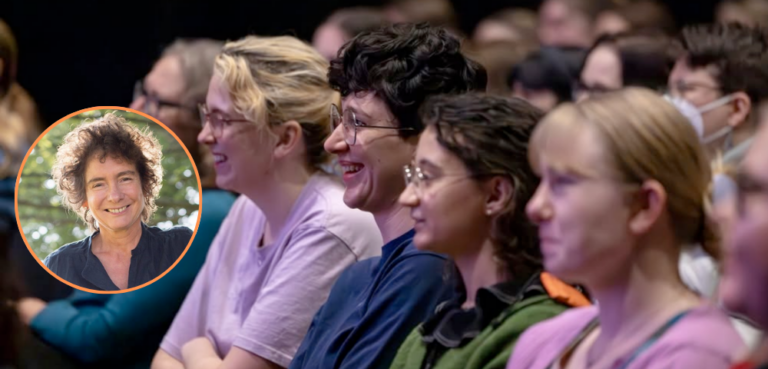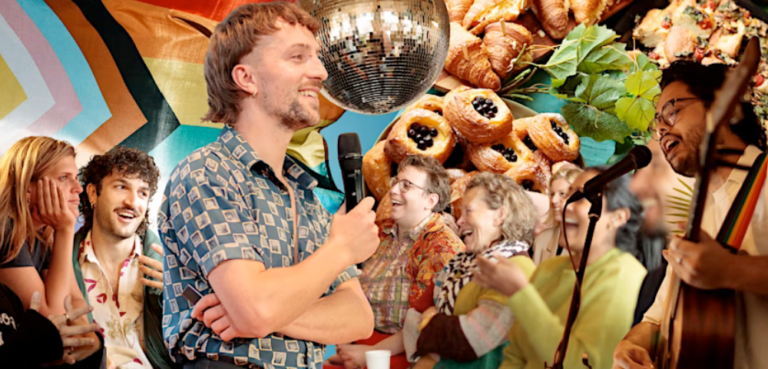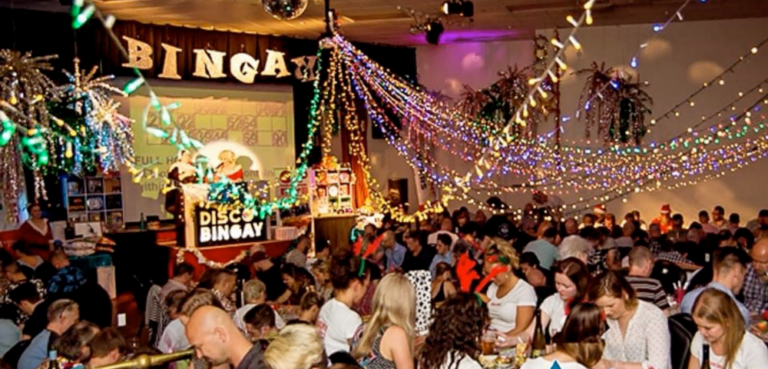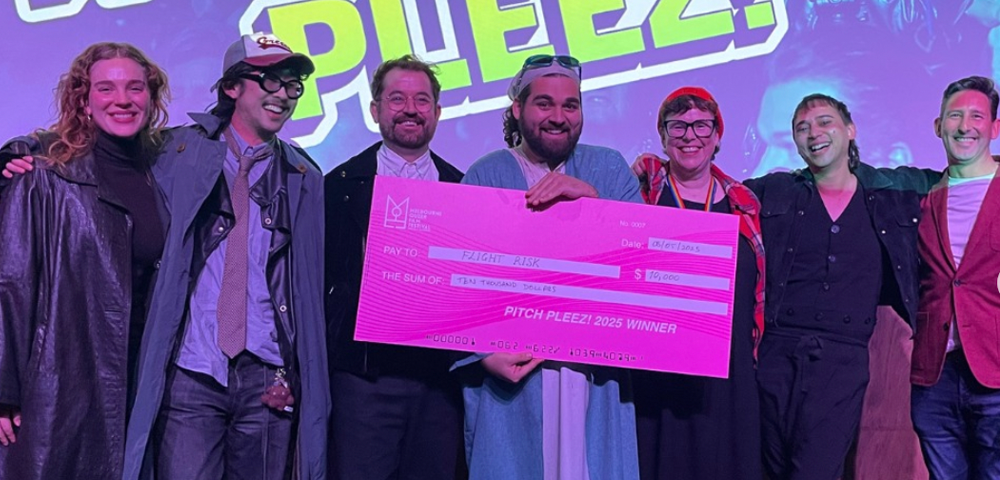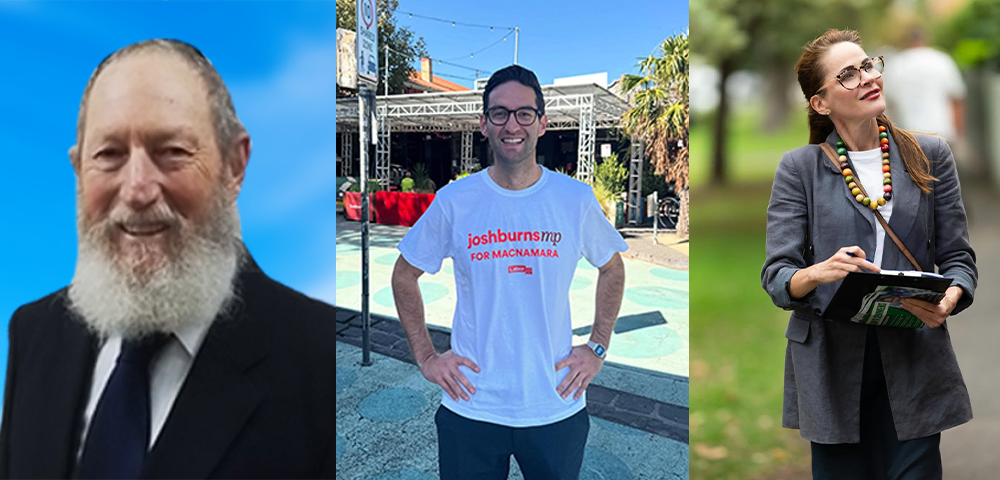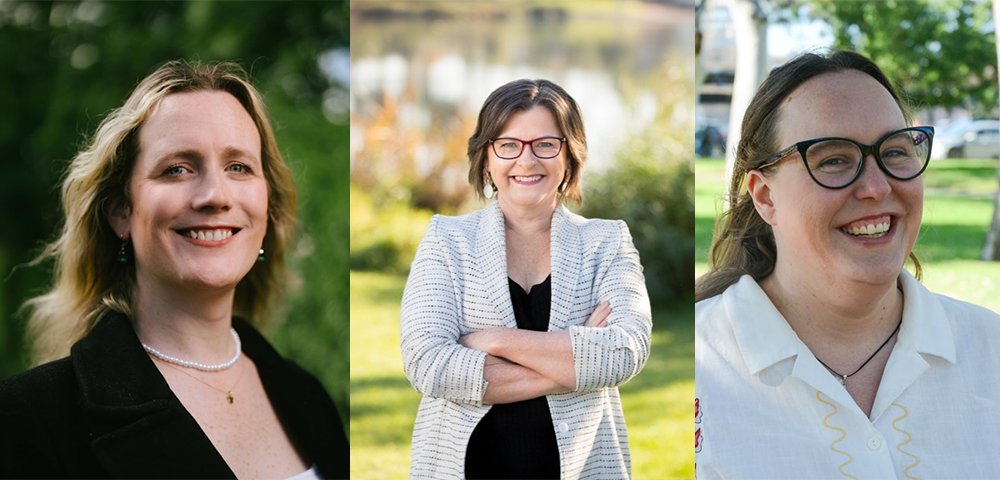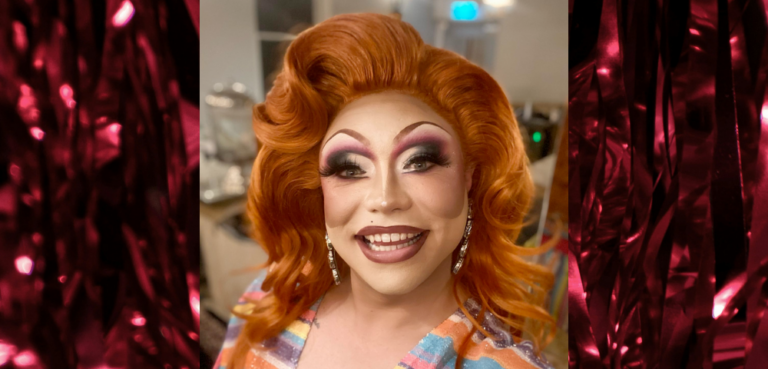
Victoria invests $1 million in regional LGBTI roadshow over next two years

The Victorian Government has announced it will channel $1 million dollars into the LGBTI Equality Roadshow over the next two years, to empower LGBTI people in regional and rural communities.
The roadshow began in late 2016, and has since visited 29 towns across regional and rural Victoria to foster community discussions around how LGBTI people in those areas can be better supported.
Led by the state’s gender and sexuality commissioner Ro Allen, the program has already led to the establishment of 12 new LGBTI groups across Victoria.
Minister for Equality, Martin Foley, said the roadshow has consistently proved the need to engage with LGBTI communities that live outside Melbourne’s metropolitan bubble.
“What it’s shown is the demand for LGBTI Victorians in those communities to be heard,” he told the Star Observer.
“It’s also a useful way to build up allies in these communities, while allowing LGBTI people to lead that debate and change.
“We need to make sure the equality agenda doesn’t stop at the end of the tram tracks.”
The next steps for the program will include consultation with regional and rural communities to develop regional-based communities of practice, something participants have asked for since the program’s inception.
One of the program’s 2,500 attendees to date said the roadshow had made a striking difference in their community.
“After the roadshow our local paper asked to get a photo with us,” they said.
“So we were on the main drag of the town with this huge rainbow flag. I’ve done those sorts of things before, and copped abuse from the people driving by.
“But on that day, people were beeping their horns, yelling out ‘Go the gays’ and really celebrating with us.
“To stand there and not be abused, but be celebrated, was a huge validation.”
Foley believes the program is also helping to activate advocates in towns where their voices were previously not given much credence.
“There are people out there, but they’re hidden or keeping their light under a bushel,” he said.
“The program magnifies what’s out there and identifies allies, bringing people together to work out how to make regional and rural Victoria more inclusive.
“The roadshow crew speak to key institutional players, government, police, and schools before they’ve even held a community event.”
Foley added that many participants have reached out to express the impact of the roadshow on their communities.
One woman in Wimmera who was able to start a volunteer group on the back of the roadshow ended up bringing a busload of kids from Wimmera to Minus18’s queer formal.
“A week later I got a combined letter from the parents of those kids who said it was the best thing that had happened to them,” he said.
“It changed their own view of their self-worth.”
